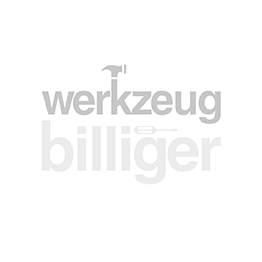
Which face mask is suitable for your company
Face masks and respiratory masks have been part of our everyday life since 2020 and are considered one of the most important measures to combat the pandemic. In Asia, the use of mouth-nose masks has been common for some time in order not to infect other people with diseases. Time will tell whether this will also become commonplace in this country.
While initially, due to a shortage of medical masks, self-sewn or everyday masks/makeshift masks were part of the picture, for some time now only medical masks have been permitted for use in public spaces.
Only medically approved surgical masks and/or, in some cases, only respiratory masks, such as an N95 mask , may be used. Since self-sewn masks do not meet any standards, the difference in filter performance is simply too high.
Medical face mask/surgical mask
The best-known variant is probably the classic surgical mask or medical mouth and nose protection. This is mainly intended to reduce the spread of droplet infections. The main concern here is the protection of strangers from droplet infections, which can be caused by the wearer when speaking, sneezing or coughing. An MNS that fits snugly on the wearer's face filters both the inhaled and exhaled air and thus also protects against bacteria, for example
However, since this medical face mask is not virus-proof, it is mainly used to protect other people, because a definitive self-protection against inhaled viruses could not be proven so far. Finally, it is very likely that viruses will enter the sides of the mask. nevertheless comes to the conclusion that the infection rate of the wearer of such a medical mouth guard can be reduced by at least 80%.

Information on the correct use of masks
Correct use is essential to ensure the filter performance of masks and, in particular, respiratory masks. Only when the mask fits properly and encloses the face can no more aerosols enter at the edges.
Filtering respirators should only be worn within this period until they become soiled, damaged, or make breathing difficult. After that, they should be disposed of in the residual waste or, if clearly possible, professionally reprocessed.
Medical mouth-nose masks and makeshift masks should never be worn for more than 8 hours at a time. Otherwise, the masks can become soaked and develop into the perfect breeding ground for microorganisms. Therefore: either dispose of it correctly after use or put it directly in the laundry (only for makeshift masks).
Which mask or respirator is the right one for you and your company depends heavily on the intended use. As always, you can contact us if you have any questions.

Leave a Comment